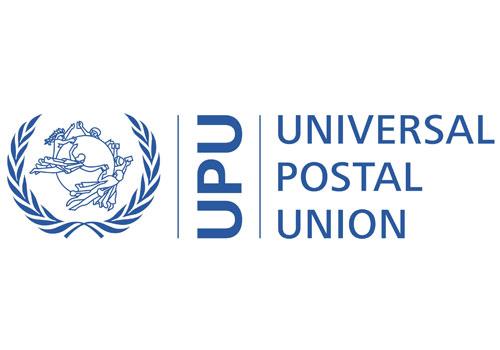
UPU member countries adopt new terminal dues system

Member countries of the Universal Postal Union (UPU) have agreed to adopt a new terminal dues system, following discussions at the UPU Congress currently taking place in Istanbul. The terminal dues system (which was established by the UPU’s 1969 Tokyo Congress) compensates destination countries for the cost of handling, transporting and delivering letter-post items across borders.
In a statement issued on Thursday (29 September), the UPU said: “Starting in 2018 bulky letters and small packets, classified as E-format, will be compensated differently from other letter-post formats.
“With increased volume of small packets being exchanged through the letter-post networks due to e-commerce, UPU member countries have been seeking a new rate structure of compensation for handling of higher volumes of heavier items.”
Member countries voted on the proposal during a meeting of Congress Committee 4, which focuses on issues related to the Universal Postal Convention and is chaired by Siva Somasundram, the General Manager of International Regulatory Affairs with Australia Post.
Somasundram described the terminal dues package that was approved by Congress as a “very carefully negotiated compromise” which “recognizes that member countries have as a whole agreed on three main principles”.
Somasundram outlined those principles: “One, having all countries get to the target system; secondly, that costs coverage is important; and thirdly, that the remuneration system that the UPU agrees on doesn’t negatively impact the way in which customers respond to the associated services.”
The UPU added that member countries also moved one step closer to the terminal dues target system, agreeing to merge the six current classification groups into four groups.
“Countries are currently classified by their level of development, meaning those in the most developed groups pay contributions into the Quality of Service Fund on top of terminal dues to those in the less developed group. This mark up goes toward development projects in the recipient country,” explained the UPU.
“The classification system was established at the 2008 Universal Postal Congress in Geneva and updated by the 2012 Doha Congress.
“Starting in 2018, former Group 1.2 and Group 2 will be merged in the new Group II, while Groups 4 and 5 will make up the new Group IV. The goal is to eventually move all countries into a single target terminal dues system.”
As Somasundram said, the new terminal dues agreement is a “compromise” – which inevitably means that no one is completely satisfied. Essentially, the system agreed in Istanbul has addressed some issues and levelled the playing field to some extent, but posts in industrialised countries will continue to charge less for the delivery of inbound international mail than for the delivery of domestic mail. This has been a source of vexation for online sellers in countries like the US, because Chinese e-retailers pay less than they do to send packages to US shoppers.
UPDATE:USPS describes agreement as “reasonable compromise”
In a statement posted on its website on 4 October, the USPS commented: “The Postal Service believes that the future Universal Postal Convention provisions on terminal dues represent a reasonable compromise of the issues that will significantly improve cost coverage for inbound letter post products, particularly small packets, to which the agreement applies.”













